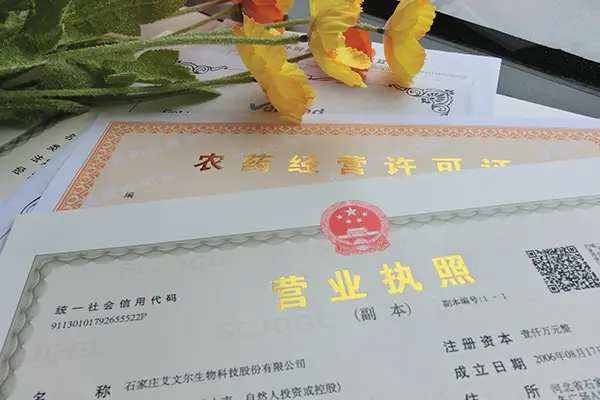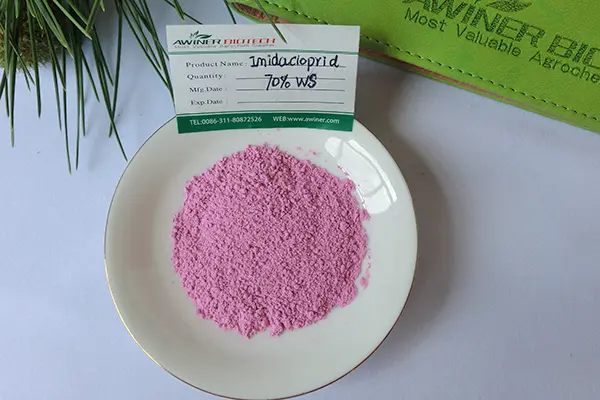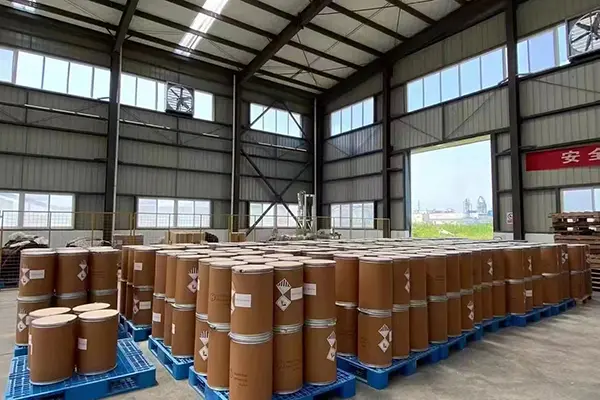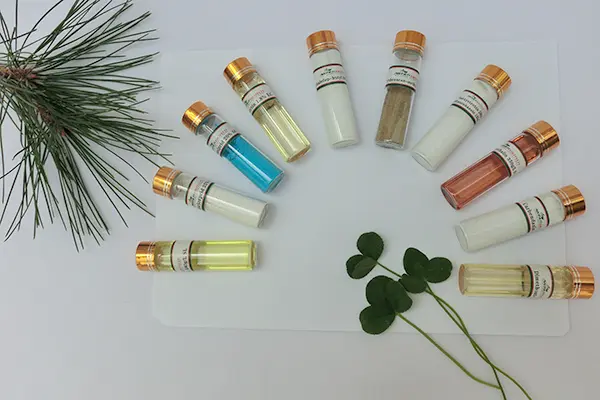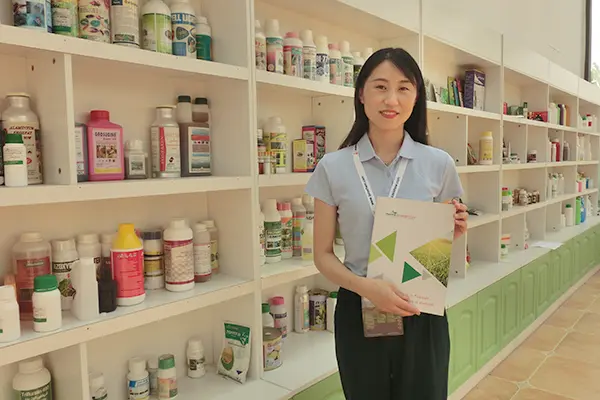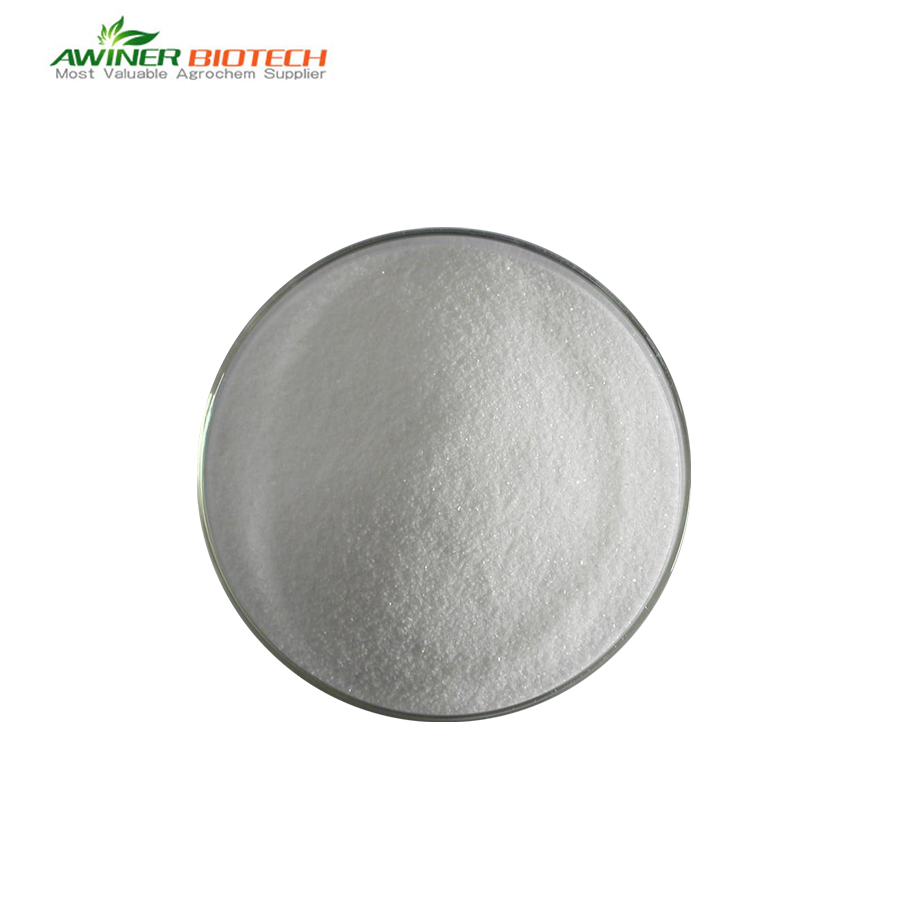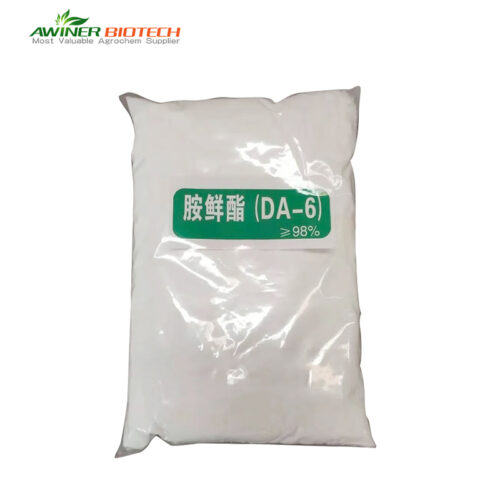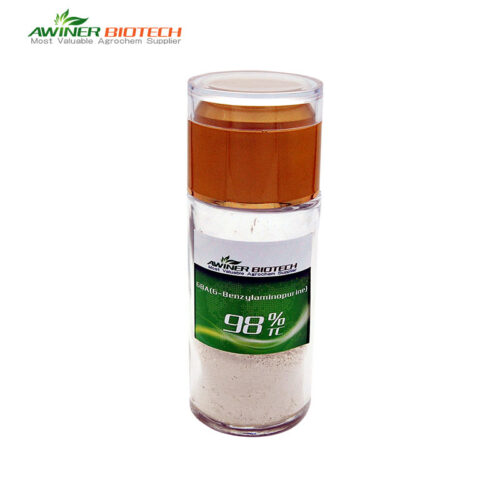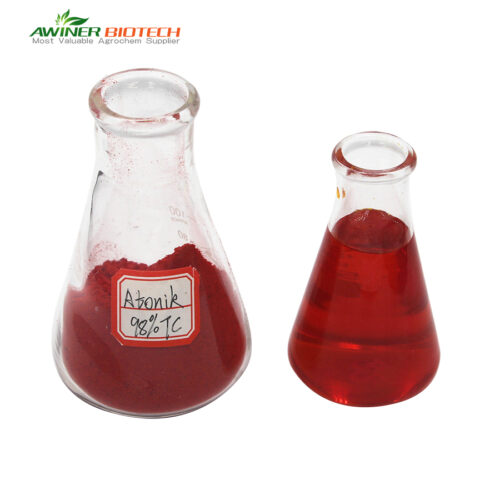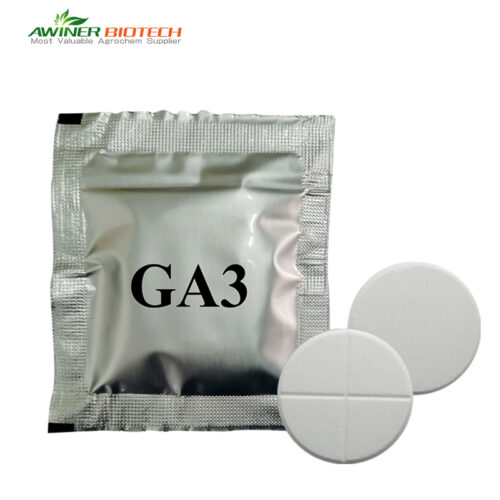Mepiquat Chloride |
|
| Formulation | 8%SP;25% AS;96% SP;50% AS |
| Packing | Liquid:50ml、100ml、250ml、500ml、1L、5L、10L、20L Solid:10g、50g、100g、250g、500g、1kg、5kg、10kg、25kg |
| Crops | Cotton |
| Certification | SGS、 ISO 、BV |
| Delivery time | 20-30 days |
| Mixture products | NO |
| Payment terms |  |
Learn how mepiquat chloride, a plant growth regulator, is used to control excessive vegetative growth in cotton and other crops, promoting better flowering, fruit development, and improved yield.
Uses of Mepiquat Chloride
Mepiquat chloride is a plant growth regulator primarily used to manage vegetative growth in crops like cotton. It inhibits the production of gibberellin, a hormone that promotes excessive stem and leaf growth. By limiting gibberellin, mepiquat chloride helps plants allocate more energy toward reproductive growth, resulting in more efficient flowering, fruit set, and crop development. It is also used in other crops like cereals, to shorten plant height and improve resistance to lodging.
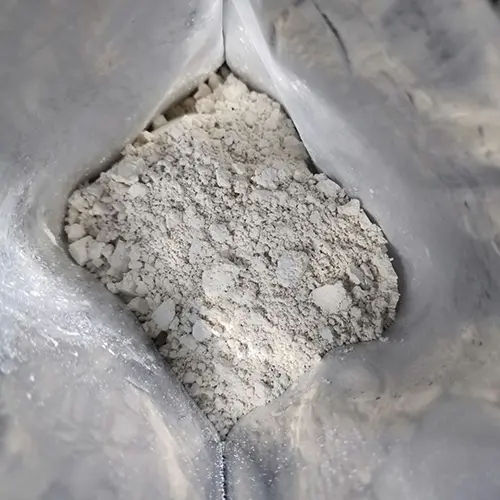 |
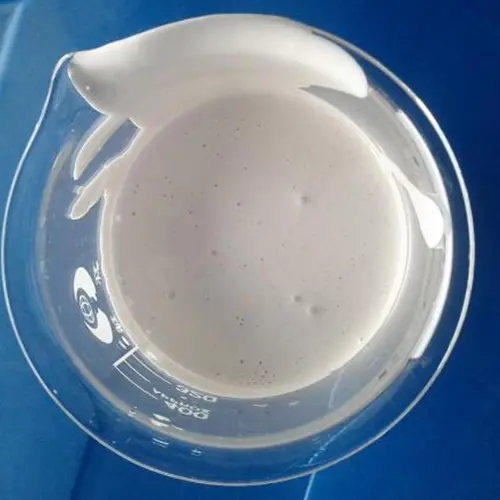 |
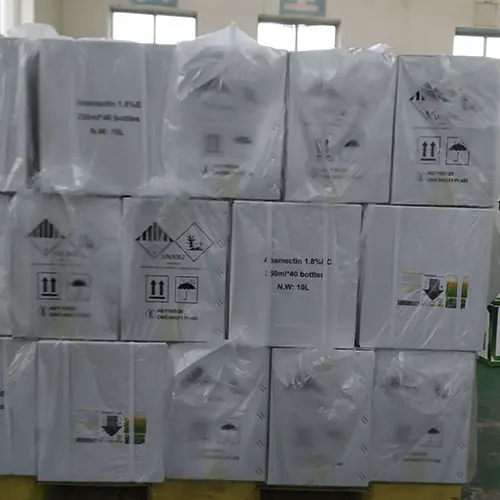 |
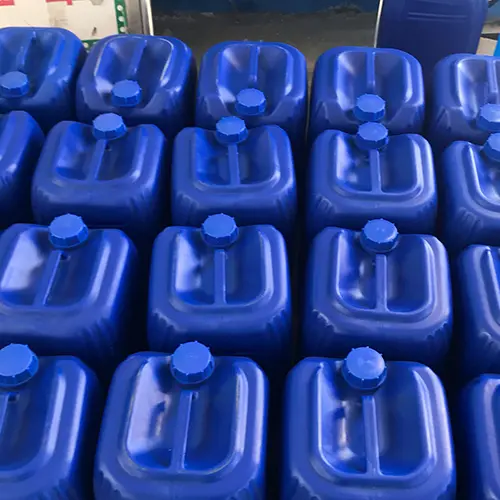 |
Effects of Mepiquat Chloride on Cotton
In cotton, mepiquat chloride regulates plant height by reducing excessive vegetative growth, encouraging a more compact plant structure. This leads to better light penetration and air circulation within the canopy, enhancing boll production and overall yield. Additionally, it helps prevent the formation of overly tall, bushy plants, which can delay maturity and make harvest more difficult. Proper use of mepiquat chloride results in earlier boll opening, improved fiber quality, and more efficient nutrient use in cotton crops.
<About Awiner Biotech>
